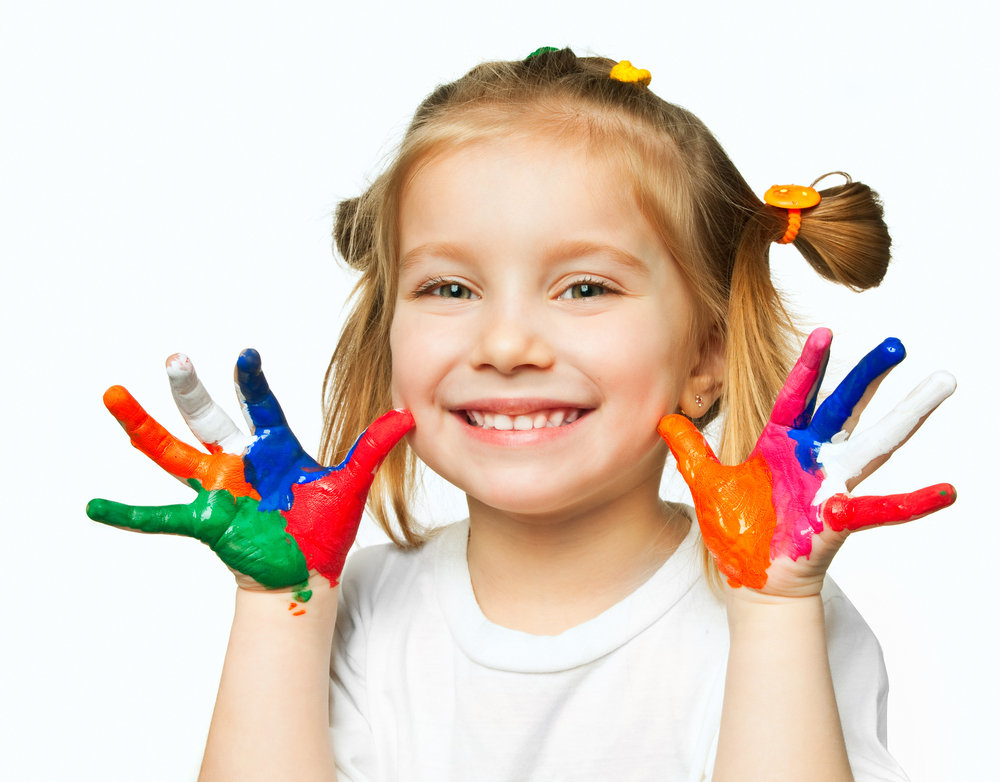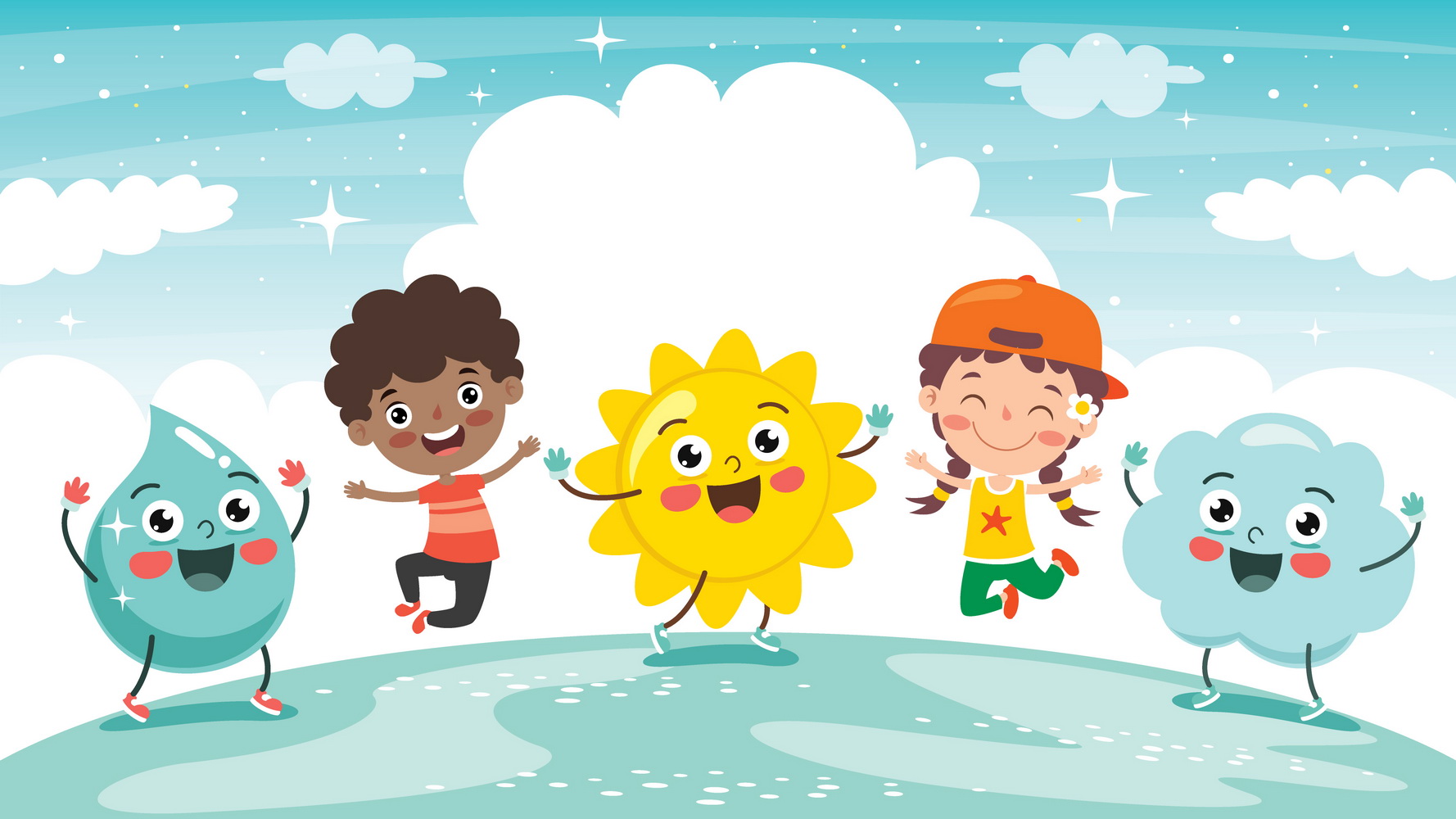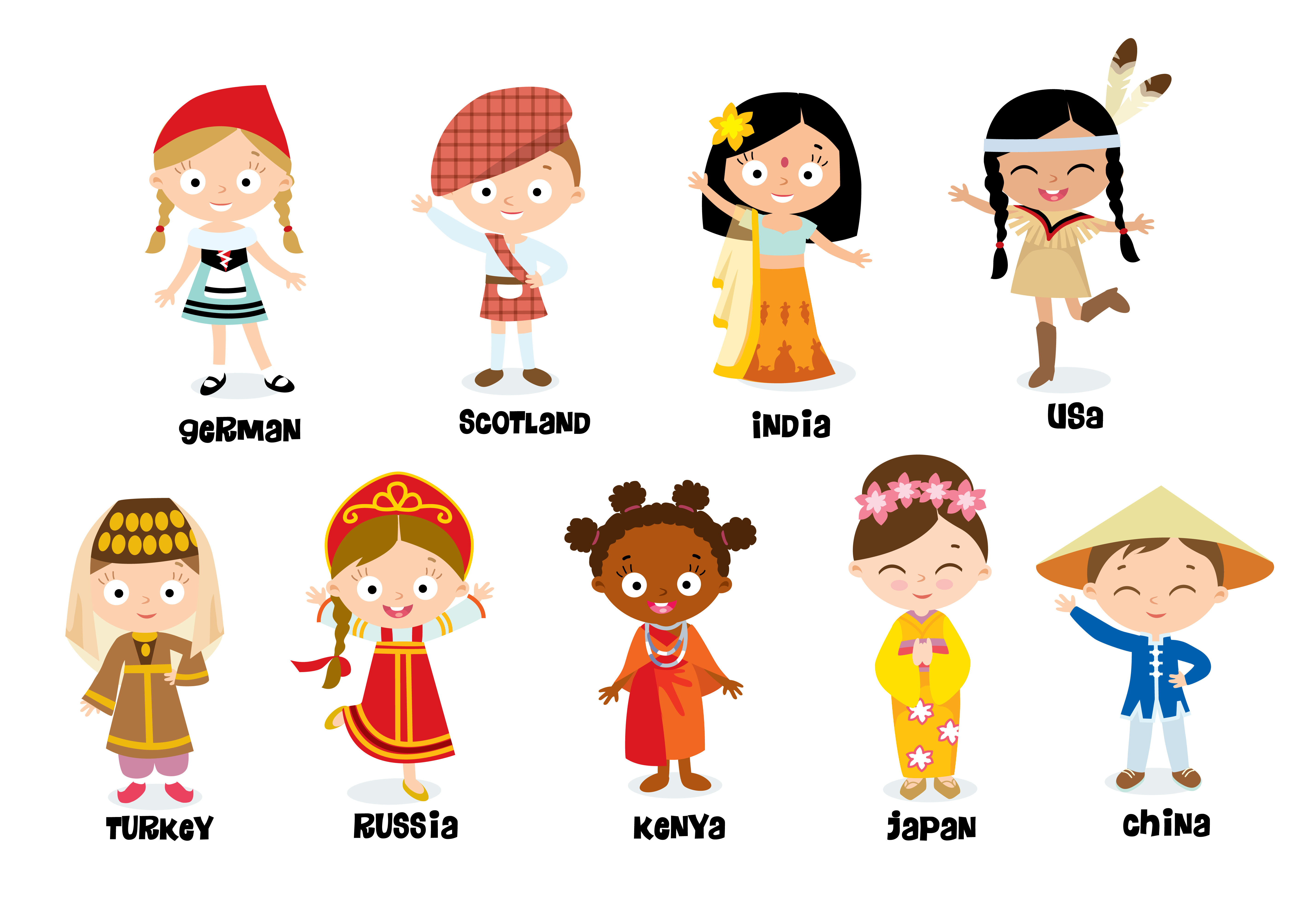Problem-solving practice Normal Worksheets for Ages 4-9
7 filtered results
-
From - To
Our "Problem-Solving Practice Normal Worksheets for Ages 4-9" offer engaging, age-appropriate activities to sharpen critical thinking skills in young learners. Developed by educational experts, these printable worksheets cover a variety of scenarios to help children practice logical reasoning, pattern recognition, and strategic planning. Perfect for both home and classroom use, they encourage interactive learning through puzzles, sequencing tasks, and real-world problem-solving exercises. Boost your child's confidence and skills in a fun, educational way with our thoughtfully designed problem-solving practice sheets. Start today and watch your child thrive academically and beyond!
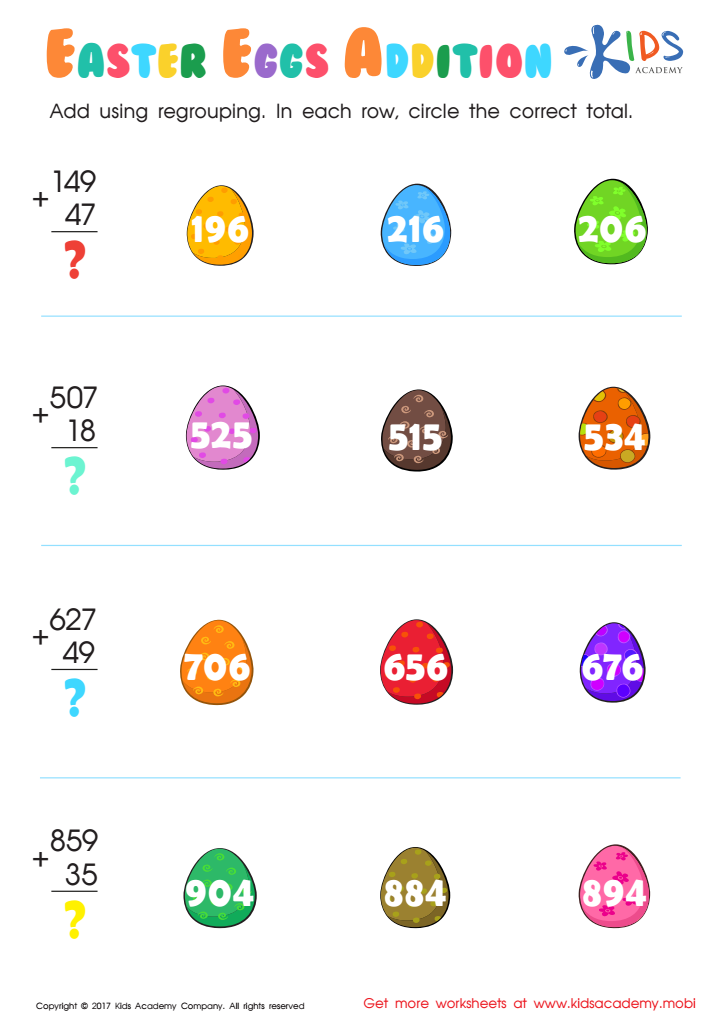

Addition with Regrouping Worksheet
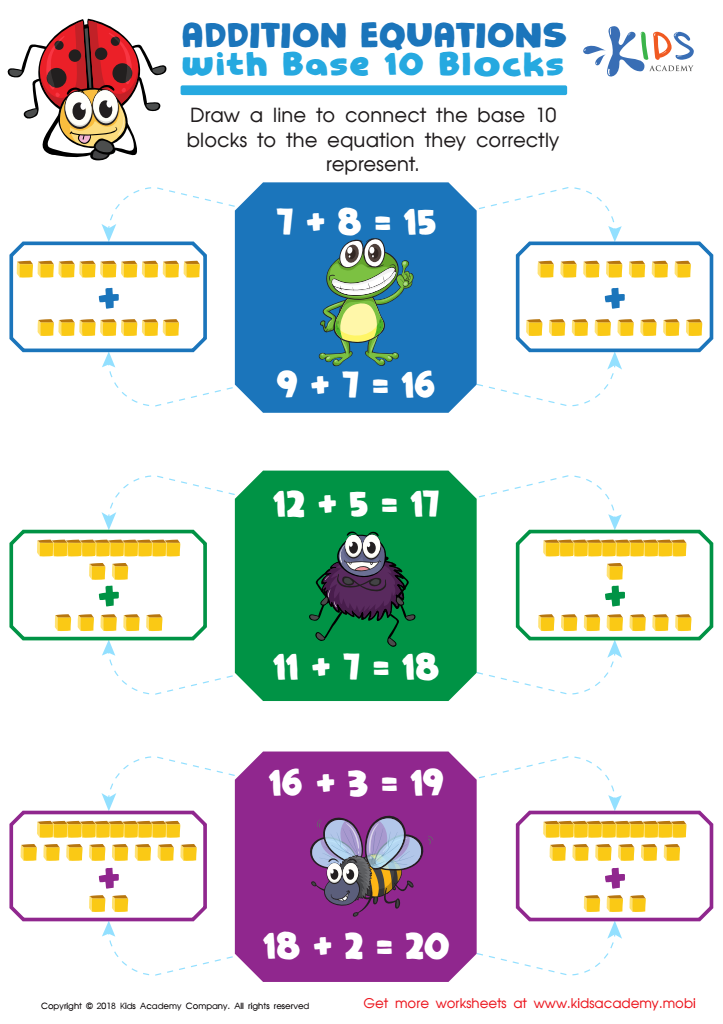

Addition Equations With Base 10 Blocks Worksheet
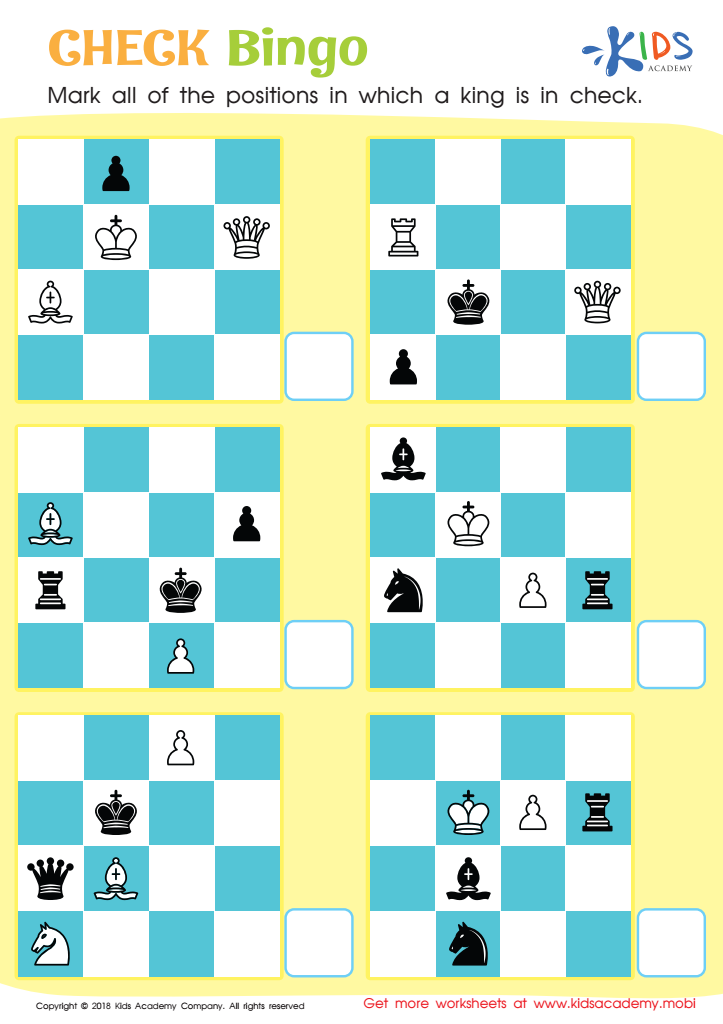

Check Bingo Worksheet
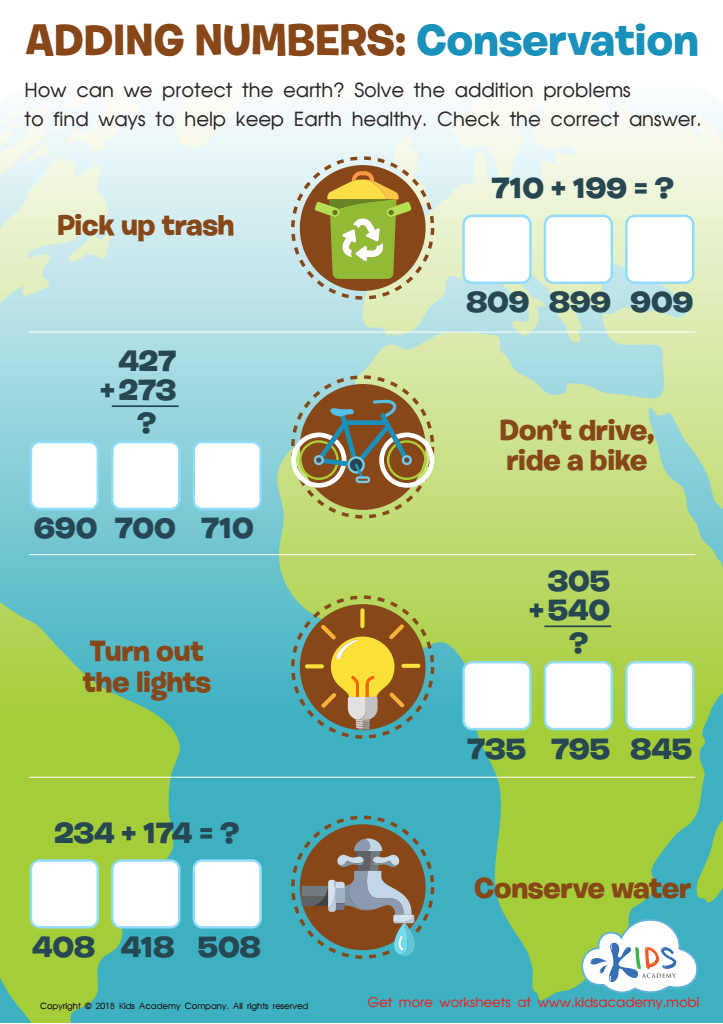

Adding Numbers: Conservation Worksheet
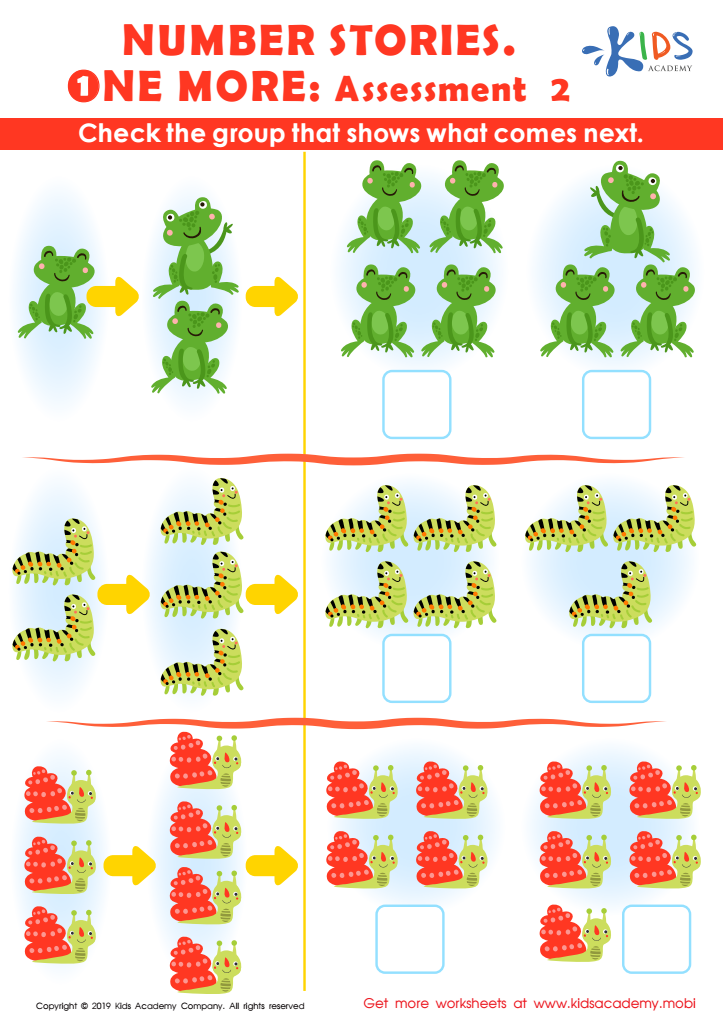

Number Stories One More – Assessment 2 Worksheet
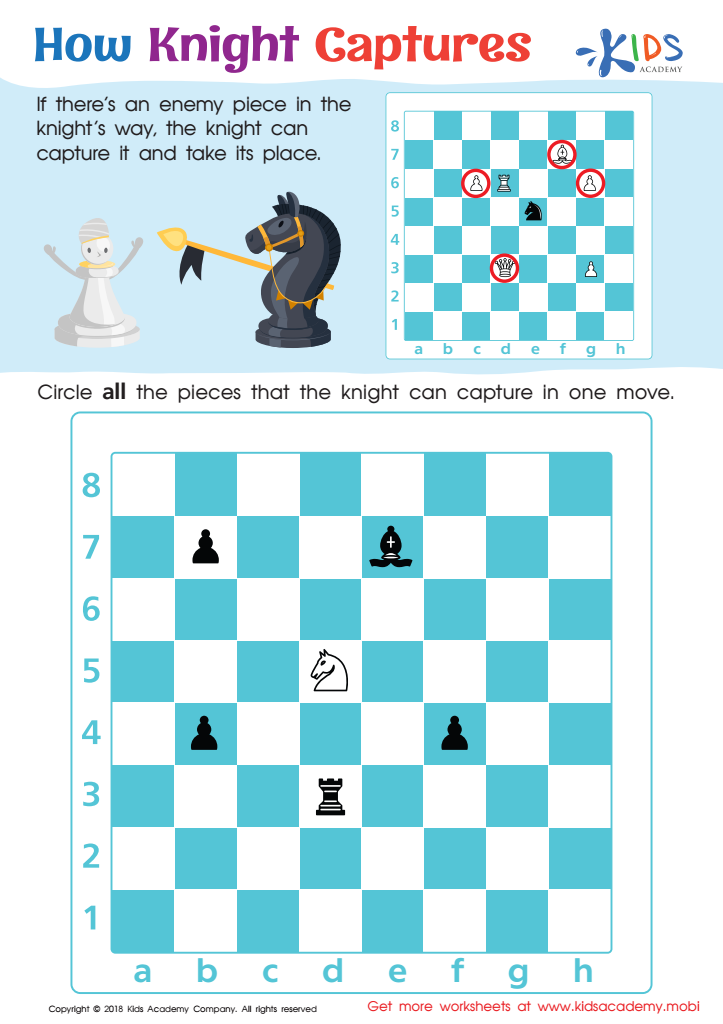

How Knight Captures Worksheet
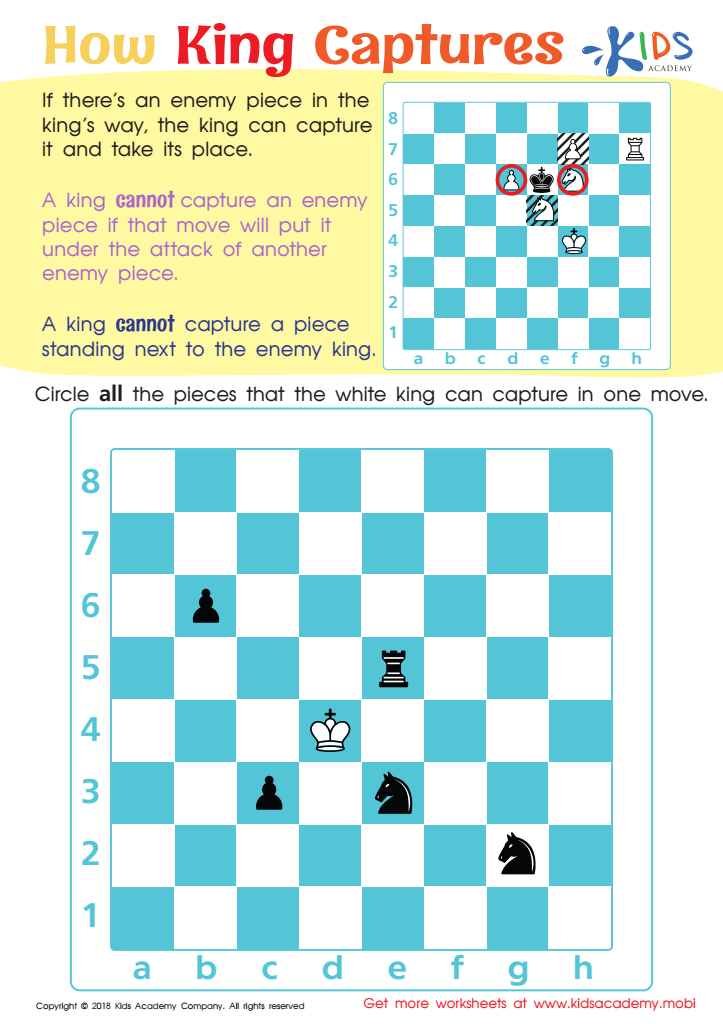

How King Captures Worksheet
Problem-solving practice is crucial for children aged 4-9 because it lays a fundamental groundwork for their cognitive and emotional development. Firstly, problem-solving skills help to enhance critical thinking. When children tackle problems, they learn to analyze situations, consider possible solutions, and select the best course of action, fostering logical reasoning and decision-making abilities.
Moreover, engaging in problem-solving activities aids in building persistence and resilience. As children encounter various challenges, they learn to cope with frustration and understand that effort leads to improvement and success. These experiences teach them that setbacks are part of learning, encouraging a growth mindset.
Social skills also benefit greatly from problem-solving practice. Activities that involve cooperation, sharing ideas, and negotiating solutions promote effective communication and empathy. Working with peers enables children to see different perspectives and understand the value of teamwork.
Lastly, problem-solving nurtures creativity and innovation. When children are encouraged to think outside the box, they explore unconventional approaches and develop original ideas, which are key skills in adapting to new situations and overcoming obstacles throughout life.
For parents and teachers, fostering problem-solving abilities in early childhood is an investment in the child's future, cultivating essential life skills that support academic success and personal growth.
 Assign to My Students
Assign to My Students



